C++26: Delete with a Reason -- Sandor Dargo

=delete a special member function or a function overload, we can specify a reason.
C++26: Delete with a Reason
by Sandor Dargo
From the article:
This is a practical and not very surprising change. Why do I say it’s not very surprising? Adding the ability to specify reasons for some operations has become a pattern in C++ evolution. Since C++11, we can add an optional message to
static_assert, C++14 enriched the[[deprecated]]attribute with an optional reason, and the same happened in C++20 to the[[nodiscard]]attribute.The reason is always similar, if not the same, to enhance maintainability and readability. When it comes to readability, not only the code but also the diagnostic messages become easier to grasp. Understanding why the compiler emitted a warning or an error becomes easier.
This latter is even more important than the readability of the codebase. I mean you could still add a comment right before or after a deleted function, but it wouldn’t be used in the compilers’ messages.
The usage is simple, if you want to specify a reason why a function or function overload is deleted, just pass a string literal containing the reason after
deletesurrounded by parentheses.class NonCopyable { public: // ... NonCopyable() = default; // copy members NonCopyable(const NonCopyable&) = delete("Since this class manages unique resources, copy is not supported; use move instead."); NonCopyable& operator=(const NonCopyable&) = delete("Since this class manages unique resources, copy is not supported; use move instead."); // provide move members instead // ... };

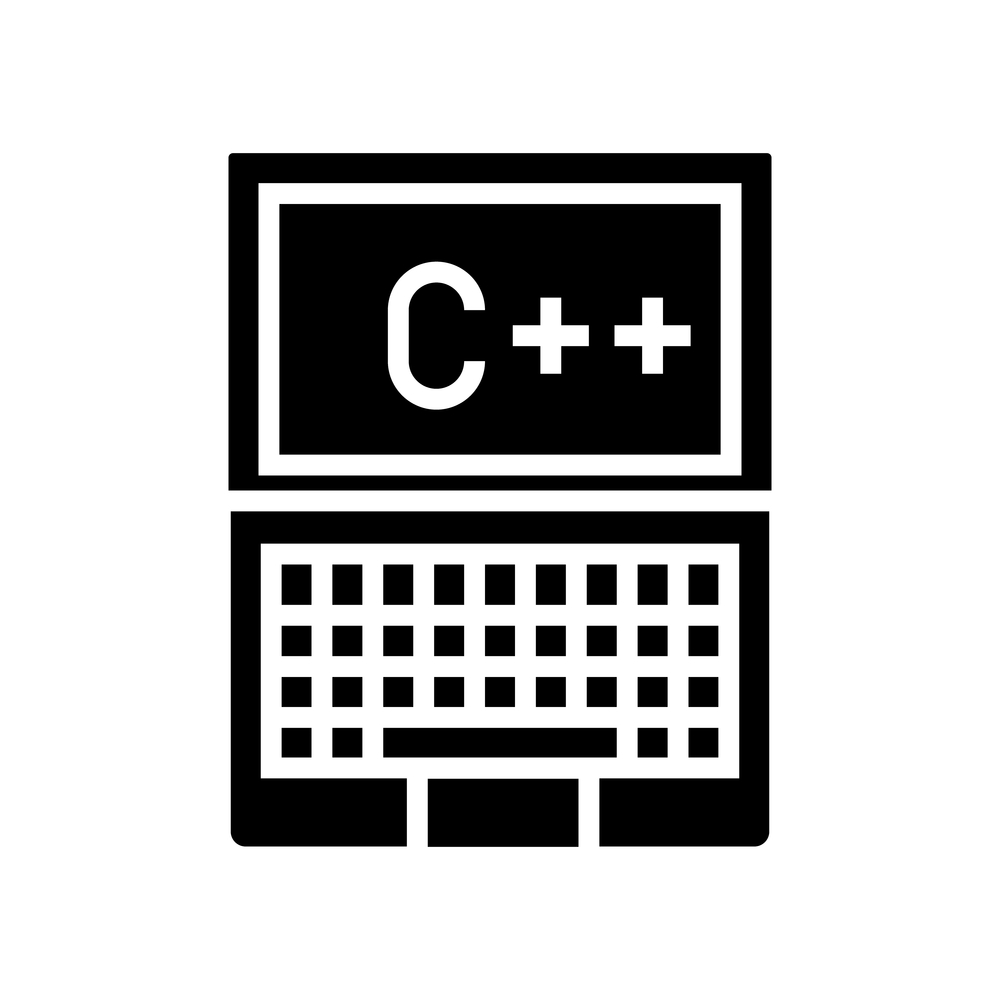 The C++ proposal for
The C++ proposal for 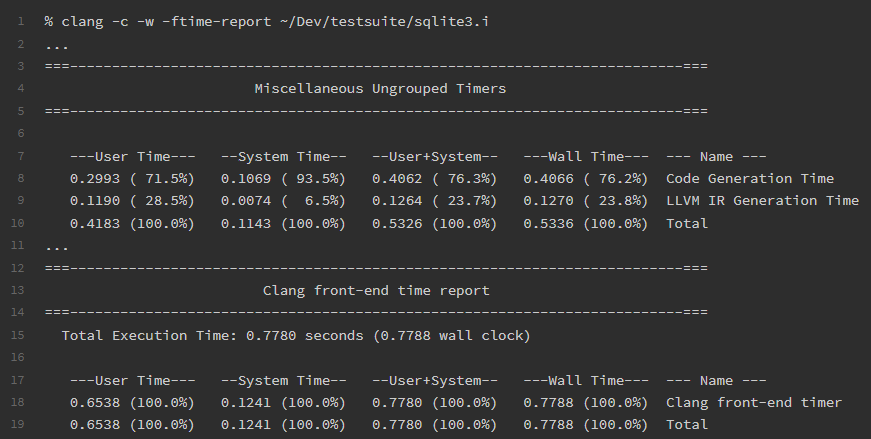
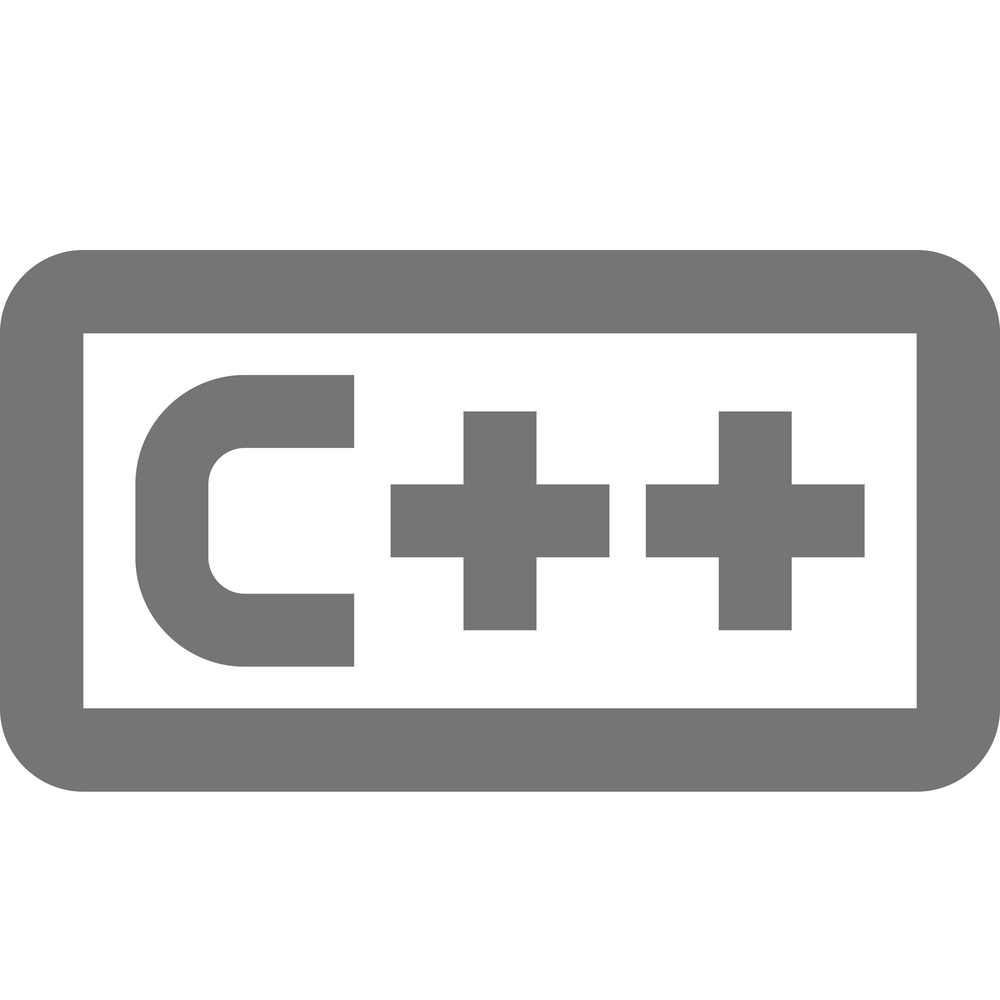 C++26 will introduce a new concurrency feature called std::execution, or senders/receivers. Lucian Radu Teodorescu explains the idea and how to use these in detail.
C++26 will introduce a new concurrency feature called std::execution, or senders/receivers. Lucian Radu Teodorescu explains the idea and how to use these in detail.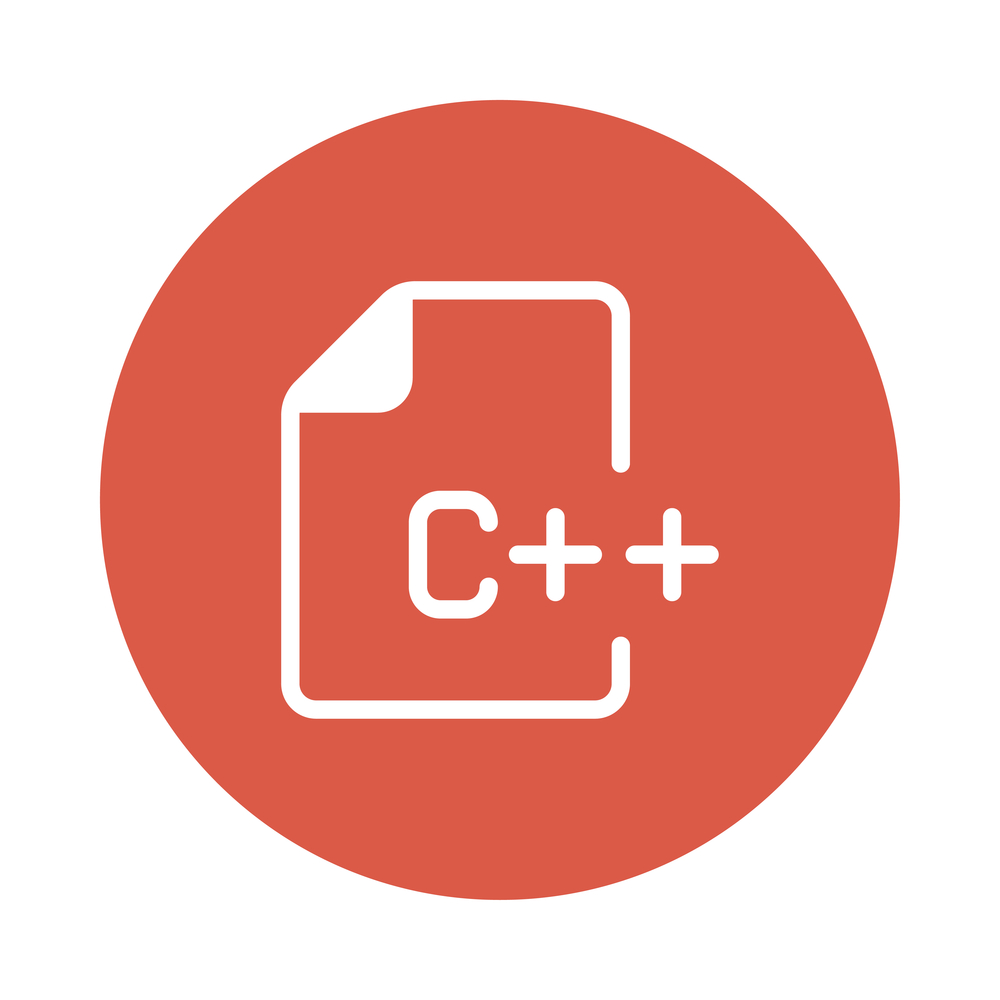 Static reflection is under consideration for C++26. Wu Yongwei demonstrates how to achieve reflection now and shows some examples of what C++26 might make possible.
Static reflection is under consideration for C++26. Wu Yongwei demonstrates how to achieve reflection now and shows some examples of what C++26 might make possible.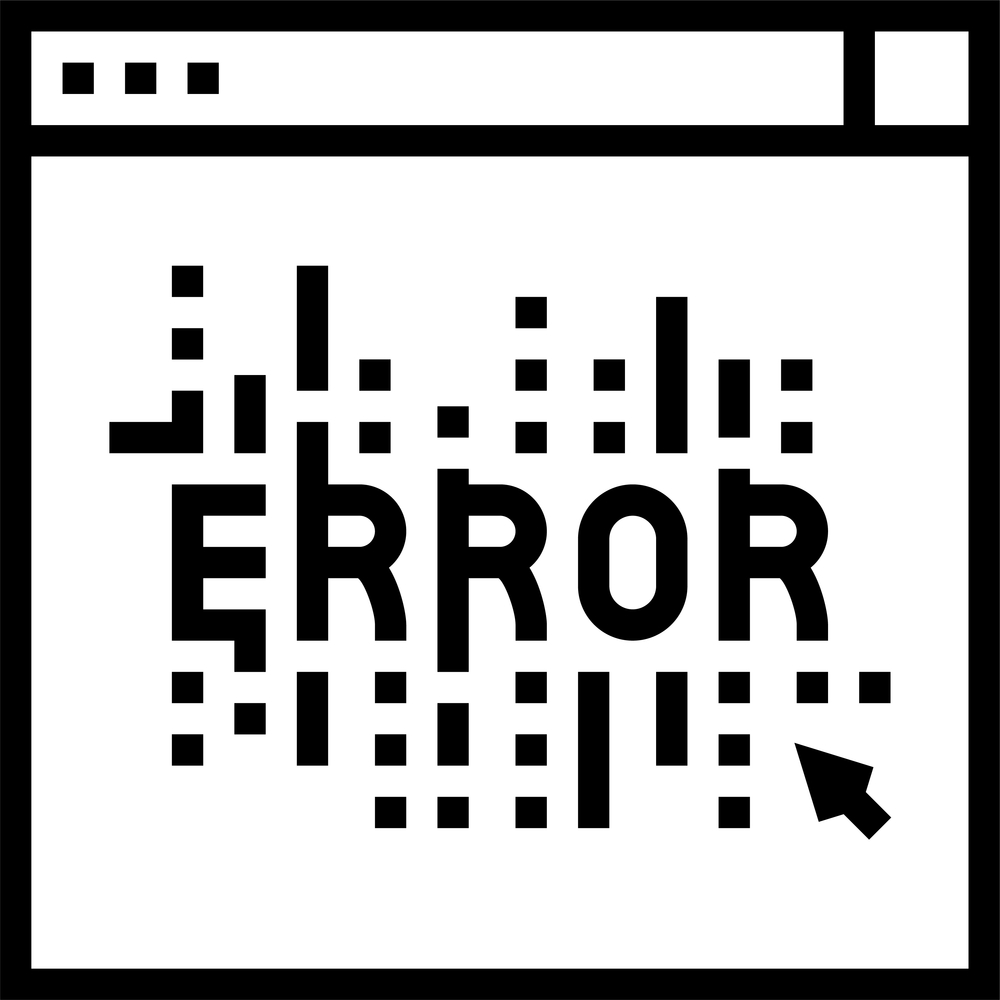 The trick to understanding C++ compiler error messages is to focus on two things. First, look at the beginning of the error message, which tells you what went wrong at a very low level. Then skip over the intermediate errors that follow the chain of calls until you end up at the line of code that you wrote. That original line of code is the one that is leading the compiler to a bad place. After that, you sometimes get supplemental information that helps you understand the low-level error better.
The trick to understanding C++ compiler error messages is to focus on two things. First, look at the beginning of the error message, which tells you what went wrong at a very low level. Then skip over the intermediate errors that follow the chain of calls until you end up at the line of code that you wrote. That original line of code is the one that is leading the compiler to a bad place. After that, you sometimes get supplemental information that helps you understand the low-level error better.